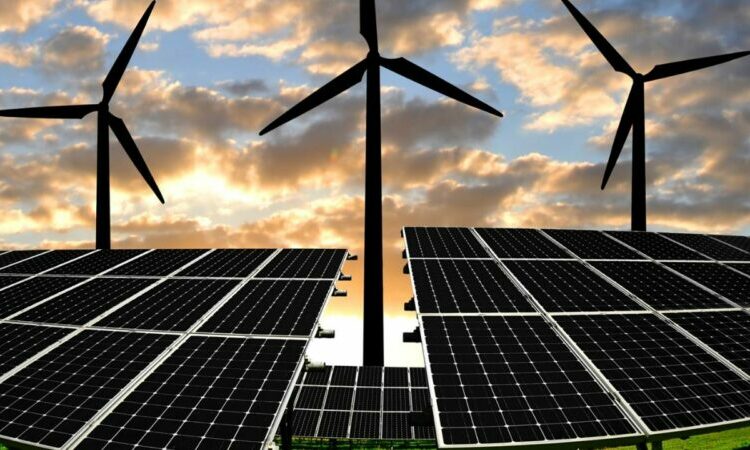Global Clean energy investment is projected to capture about $2.2 trillion, which doubles the $1.1 trillion allocated to oil, gas and coal, even as Africa continues to drag in clean energy investment.
Overall, global energy investments are projected to reach $3.3 trillion in 2025, according to the ‘World Energy Investment 2025’ report published this September by the International Energy Agency (IEA).
The report, however, showed that Africa is largely missing out on this trend. Energy investments on the continent are expected to be around $105 billion, representing just 3 per cent of the global total despite Africa being home to 20 per cent of the world’s population.
Sectoral breakdowns for the 2025 project predict that 52 per cent of these funds will go to fossil fuels and 48 per cent to clean energy, while the rest of the world allocates 66 per cent of its flows to low-carbon sources. Over the past decade, fossil fuel investments in Africa have fallen from $125 billion to $54 billion.
In contrast, renewables have increased from $11 billion to $21 billion, grids and storage from $12 billion to $14 billion, and energy efficiency from $5 billion to $14 billion. Therefore, the decline in fossil fuel investment has not been offset by the rise in other segments.
The IEA report highlights that financial conditions are a major factor in Africa’s low share of investment. Currency depreciation and rising interest rates are creating a heavy debt service burden.
In 2025, debt service is forecast to absorb the equivalent of 85% of the continent’s total energy investment, severely limiting its capacity to launch new projects.
Significant regional disparities compound these challenges.
South Africa and North Africa, with less than 20 per cent of the continent’s population, account for over 45 per cent of investment capital and more than 65 per cent of installed electricity capacity. Sub-Saharan Africa continues to lag behind.
The report thus underscores a double contrast: while global energy investments are expanding, Africa remains a minor player with limited volumes. Furthermore, as the world accelerates its transition to clean energy, the continent is moving in the same direction, but too slowly to meet its growing needs.





